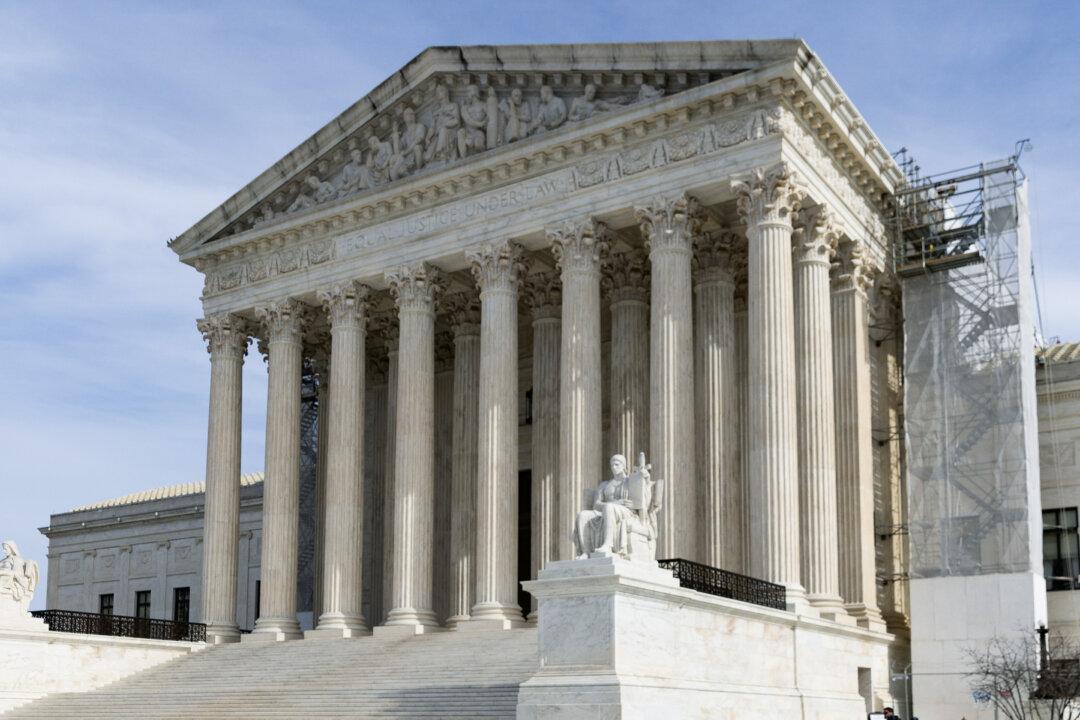News Analysis
Montani Semper Liberi, Latin for “Mountaineers Are Always Free,” is West Virginia’s motto. To that motto, the Mountain State’s attorney general would like to add a coda: “Where woke policies and federal overreach go to die.” This is the stated aim of Patrick Morrisey, West Virginia’s thrice-elected Republican chief legal officer, soon to be entering his 10th year in office, as he revealed in a recent interview.





